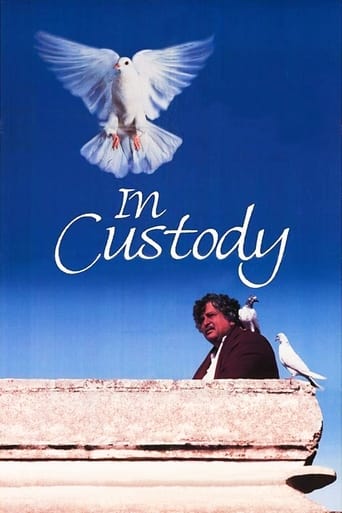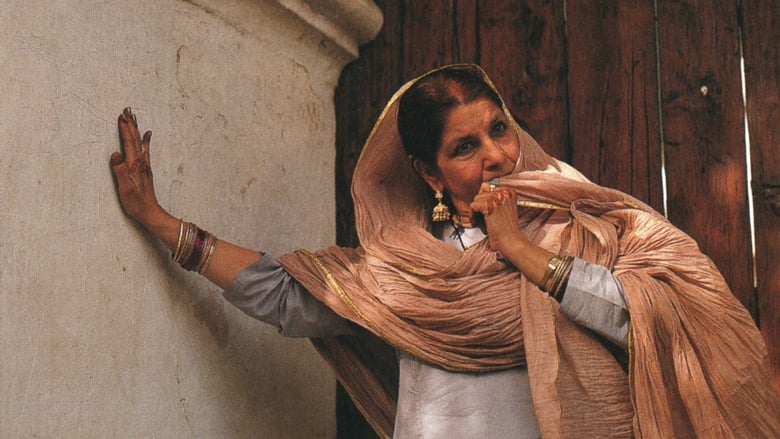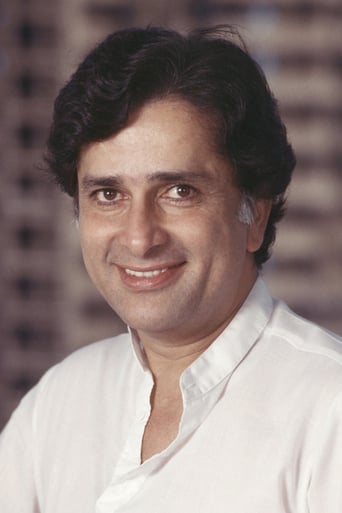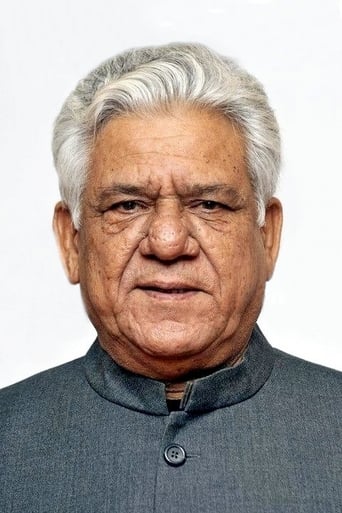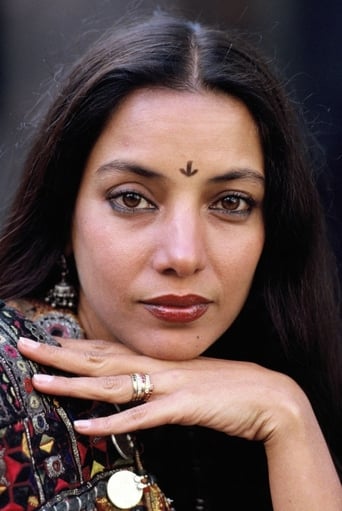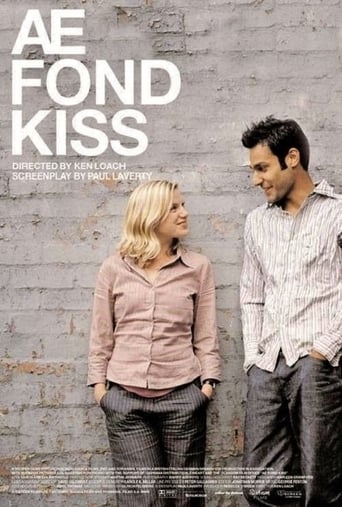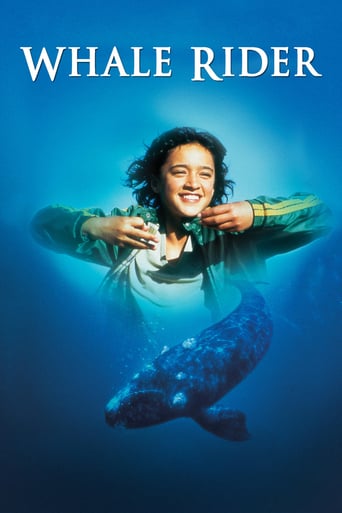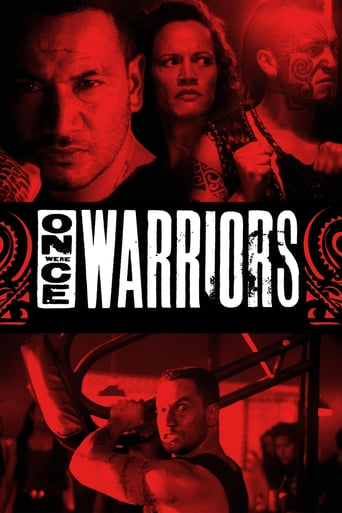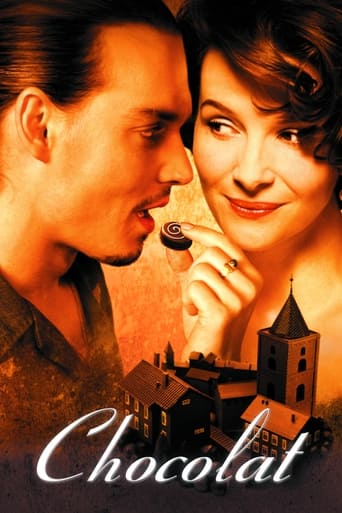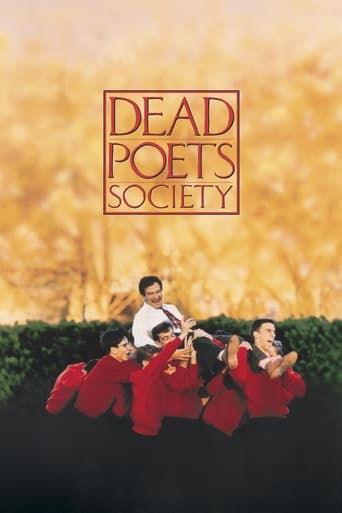In Custody (1994)
Ismail Merchant's feature directorial debut addresses a subject close to his heart: the expressive Urdu language of Northern India, in danger of extinction as political trends and modernization obscure its contributions to Indian culture. Merchant 's treatment is wry and good humored , as his characters - an aging Urdu poet (Shashi Kapoor) and a worshipful young college lecturer - clash despite their shared passion for the beauty of words.
Watch Trailer
Free Trial Channels
Cast


Similar titles
Reviews
I think this is a new genre that they're all sort of working their way through it and haven't got all the kinks worked out yet but it's a genre that works for me.
I enjoyed watching this film and would recommend other to give it a try , (as I am) but this movie, although enjoyable to watch due to the better than average acting fails to add anything new to its storyline that is all too familiar to these types of movies.
The film's masterful storytelling did its job. The message was clear. No need to overdo.
A clunky actioner with a handful of cool moments.
In Custody is Ismail Merchant's beautiful retelling of Anita Desai's novel about the death of a language and a culture as reflected in the decline of one individual. Om Puri and Shashi Kapoor play men watching, with varying degrees of remorse and resignation, the death of the Urdu language, a language of poetry, erudition and courtliness. Shabana Azmi, as Nur's (Kapoor) second wife, a courtesan and singer of ghazals, is a bridge between what is passing and the rash future. Their performances are sensitive and subtle and quietly heartbreaking. The cinematography is exquisite, making the film visually rich and haunting. There are many strong performances, and the secondary characters are well-cast. The film is more theme-driven than plot-driven, so probably not suited to every taste. One of my very favorite Ivory-Merchant offerings.
Merchant Ivory Productions's adaptation of Anita Desai's novel, 'In Custody' is rawer and grittier than their previous films. Not to put down their previous works, which are gems in their own rights, but such treatment wouldn't have worked for a story like 'In Custody'. Merchant gives it a very lyrical and subtle toned down look. The art direction and props look very authentic. Cinematography has always been a strong point in Merchant Ivory films and here too it is no less stunning.The film's key theme is that of deterioration. This is reflected in the dying out of the Urdu language that Deven desperately tries to keep alive through Nur's poetry; in Nur's own life (once he was a celebrated poet and now he's merely an over-eating alcoholic has-been who's resented by his own wife) and seeks momentary comfort in his supposed 'fans' who drop by, uninvited, for their own convenience; in Choti Begum who's become the breadwinner as she continues to plagiarize her husbands poems and performs in front of the sleazy men of the village. With Choti Begum, the issue of feminism is touched. When she tells Deven how men were always praised for their poetry while women were merely seen as the object of desire, this does ring true to an extent.The first rate performances are very natural. Shashi Kapoor performs effortlessly. In a way, 'In Custody' also reflects the deterioration of his physical health. Shabana Azmi also turns in a remarkable performance and Om Puri leads the film with élan.The poetry is superb. It contributes beautifully. Not only is it a part of the film, but to me the entire picture felt like one poem.
An extremely good Indian film adapted from Anita Desai's book. It shows how India is a real laboratory for multiculturalism and at the same time it reveals a case where one culture is more or less dying in India itself because it is a minority culture based on a minority language language. Luckily it is the official language of Pakistan and this Urdu poetry is praised and appreciated in quite a few foreign countries. The film shows quite well how this old poetry finds it difficult to survive in the modern world of technology and metropolitan living. It has to be collected and saved for future generations and yet it is eroding fast. Parodies are common and the main noble themes are giving way to trite images and situations. The film though does not show the confrontation of the Hindu and Urdu cultures. It reduces the Urdu side of things to essentially the Moslem religion and it more or less entirely erases the Hindu religion. Then the discourse is no longer a discourse of exchange and sharing but rather a discourse of tolerance for the minority culture that has to come from a dominant, but neutral point of view. That's a shame in a way because the subject of the book was a lot wider and it concerned the whole world in many ways, the necessary moving away from the laicism some states preach against any religion and the indispensable adoption of a more tolerant, open and absolutely free approach of all philosophical or religious beliefs that must be granted the right to express themselves anywhere in society. Just like a man has the right to wear his color everywhere in society, a man must have the right to wear and express his beliefs everywhere in society. All dress codes and neutral-looking regulations are nothing but severe censorship if not discrimination. Yet this film is essential because it reveals a problem that is probably the most important problem to solve in the world in the coming decades: beyond tolerance how can we build a world of complete collaboration among all the different visions of the universe and life.Dr Jacques COULARDEAU, University Paris Dauphine, University Paris 1 Pantheon Sorbonne & University Versailles Saint Quentin en Yvelines
The Ivory-Merchant duo are known for their luxurious-looking films, the camera often caressing each fish-fork with the same love it displays for the protagonist. It's somewhat refreshing here to see Merchant without Ivory. Merchant's camera displays the same love for detail that the Ivory-Merchant duo's does, except that it is much grittier, caressing the protagonist's vomit with the same attention that it bestows upon his exquisite Jamewaar shawl. I refer to Shashi Kapoor as the protagonist, because he steals the role away from Om Puri. Om Puri plays the timid Deven, a college professor bent on interviewing his idol, the formerly grand but now-alcoholic Urdu poet, Nur. Shashi Kapoor is perfect as the obese, alcoholic, henpecked, decaying poet because his own appearance encapsulates this decay. Those who do not recognize him as the hero in scores of Bollywood films or in many early Ivory-Merchant productions will miss the subtlety of this cinematic reference, because Kapoor's own physical decay perfectly encapsulates the theme of decay that is central to the film. Shabana Azmi is as competent as ever, bringing a hint of feminism to her character's plagiarism of her husband's work, as well as highlighting the inherently masculinist nature of the poetry that confines a woman's role to the object of desire and nothing else.

